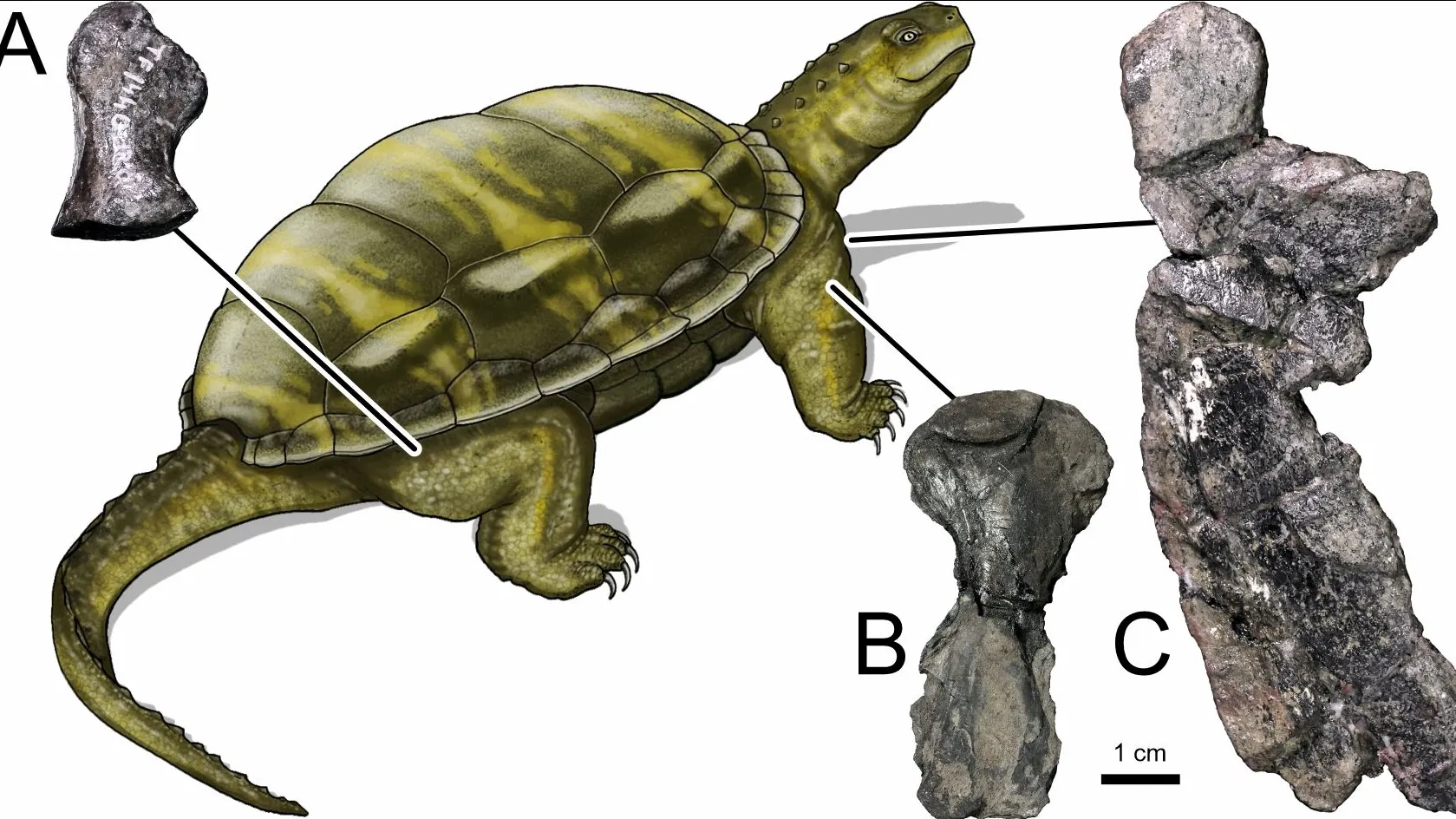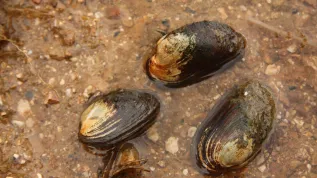
The first research experiment involving a Polish astronaut begins
Scientists from the Gdańsk Academy of Physical Education and Sport want to check how isolation and microgravity affect the stress level of astronauts. The first part of the experiment as part of the IGNIS mission has already begun. Sławosz Uznański-Wiśniewski took part in it.
-
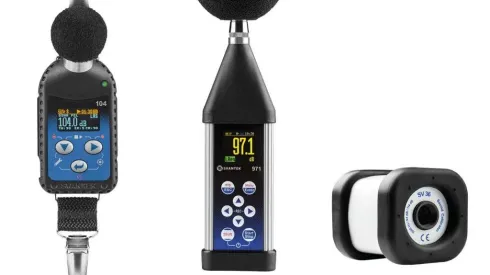
Noisy space station. Polish astronaut to check noise level on ISS
The Polish astronaut on the International Space Station will test a Polish noise measurement system in one of the experiments. The space station is not quiet at all, and the noise level can be harmful to astronauts.
-
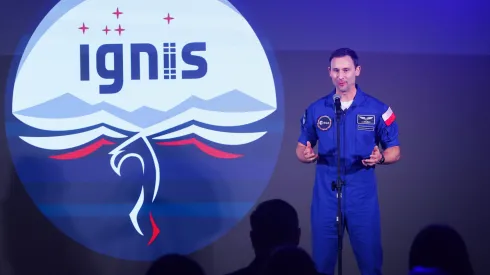
Ministry of Development and Technology: NASA officially confirms IGNIS mission launch no earlier than May
NASA officially confirmed that the IGNIS mission, the first Polish technological and scientific mission to the International Space Station (ISS), would launch in the spring of 2025 - the Ministry of Development and Technology announced last week. The launch will take place no earlier than May.
-

Polish author's photograph of solar eclipse selected NASA's Astronomy Picture of the Day
Wioleta Gorecka from Poland is the author of NASA's Astronomy Picture of the Day. The photograph shows the solar eclipse observed from Iceland, where it reached a maximum of 70 percent.
-
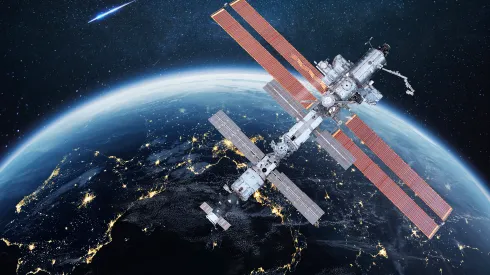
Samples for Polish experiment on ISS to be launched into orbit on April 21
13 experiments are planned during the Polish space mission Ignis. Due to mass and size limitations, some will be sent to the ISS earlier and will be waiting for the crew. One of these samples is scheduled to be launched into orbit on April 21.
-

Polish company to develop satellite communication security system for ESA
A company from Gdańsk will develop a satellite communication security system based on post-quantum algorithms for ESA. The objective of the project is to create a cryptographic system for satellites that will protect communications against new threats posed by quantum computers.
-
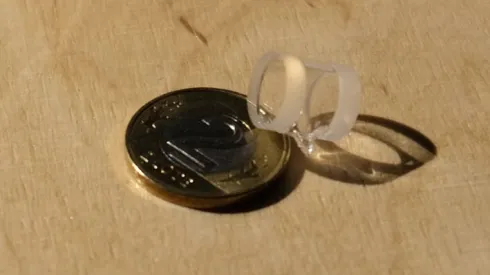
Polish researchers build quantum antennas for ESA
Polish scientists are perfecting the groundbreaking technology of Rydberg antennas. These devices based on quantum effects can receive electromagnetic waves in an extremely wide range. The European Space Agency has already ordered a prototype that will help in studying the atmosphere and monitoring transmission bands.
-
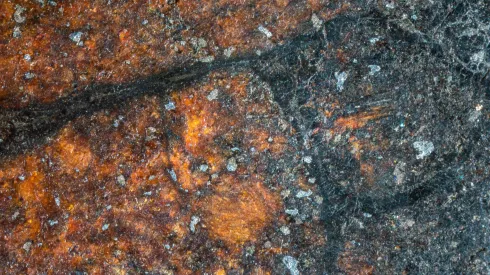
Meteorite shower fell in Lublin Province
A meteorite shower fell in Lublin Province; 13 specimens have already been found and there is a chance to find more, said the president of the Polish Meteorite Society, Professor Tadeusz Przylibski. Studying meteorites can provide a lot of information about space, but it should be done as soon as possible.
-
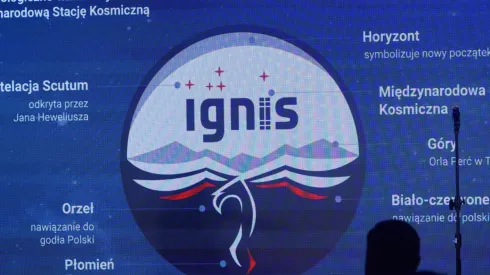
Polish computer LeopardISS to test data processing in orbit
Testing data processing in orbit is one of the experiments that astronaut Sławosz Uznański-Wiśniewski will conduct on the ISS. The LeopardISS computer from the Gliwice-based company KP Labs will be used for this purpose. According to its co-creator Dawid Lazaj, data processing in orbit is an intensively developing sector.
-
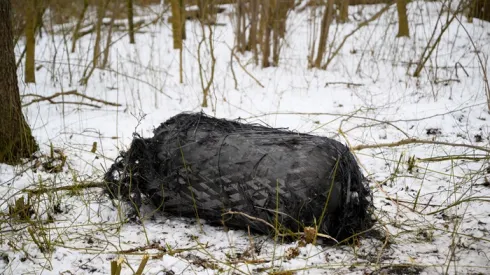
Space sector experts call for procedures concerning incidents involving 'space junk'
The fall of the Falcon 9 rocket debris should be the basis for developing mechanisms that will enable an efficient and effective response to similar incidents in the future, the Polish Space Professionals Association (PSPA) states.

